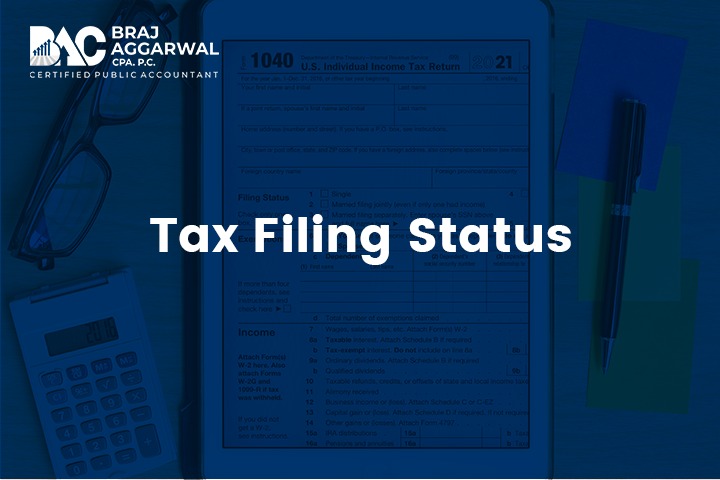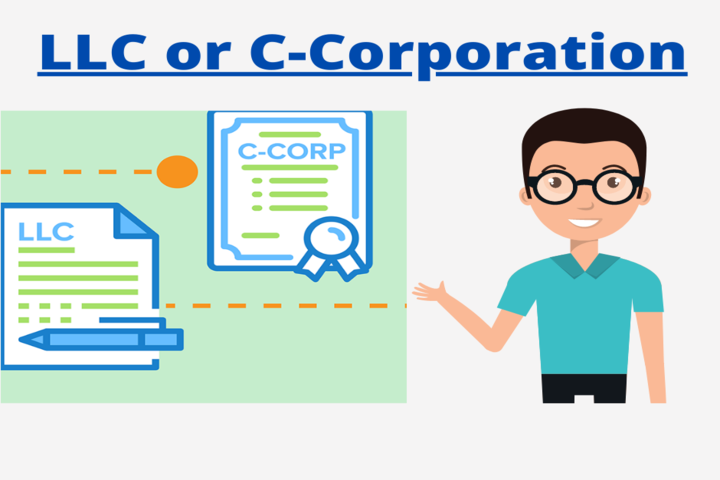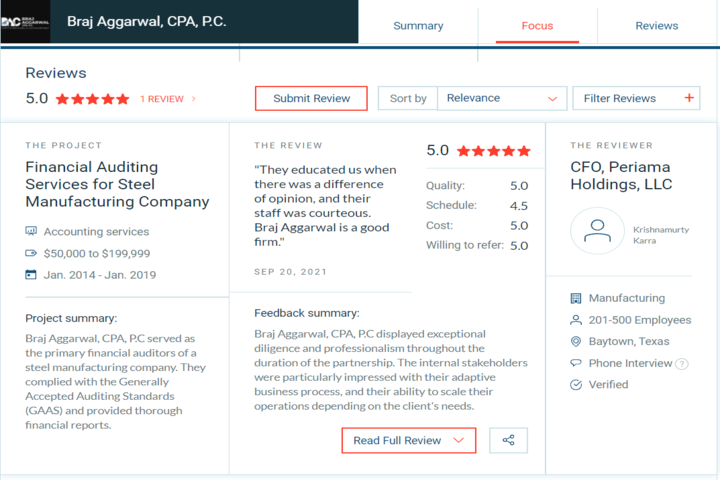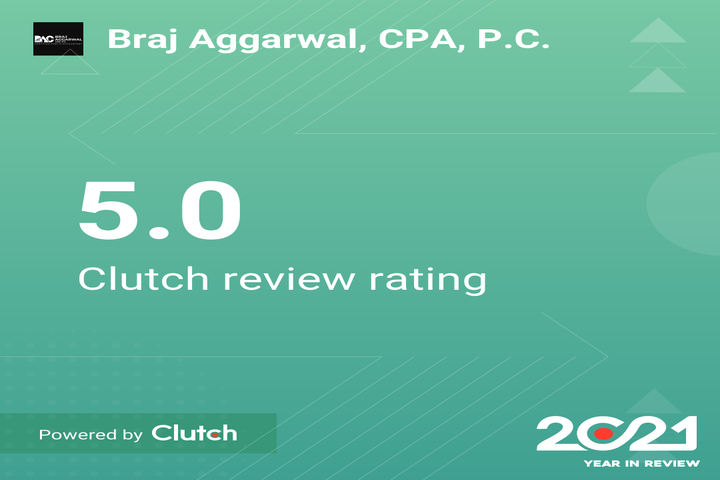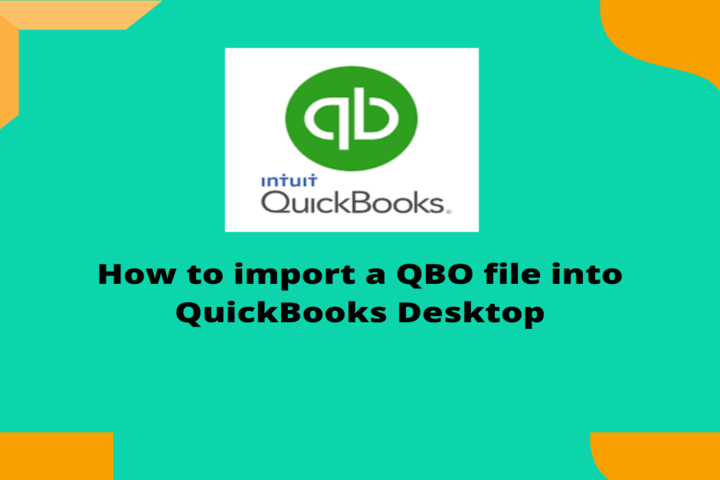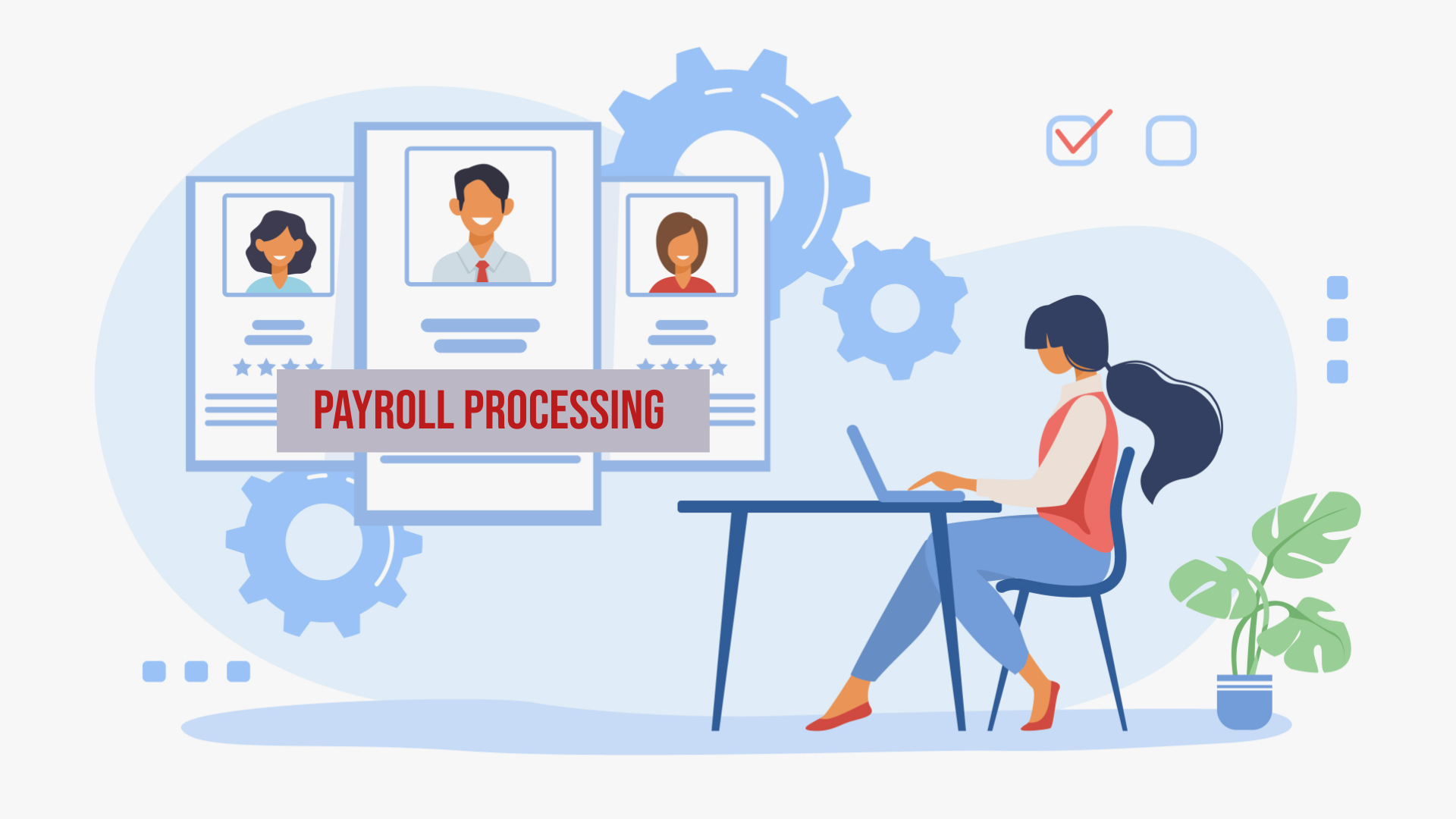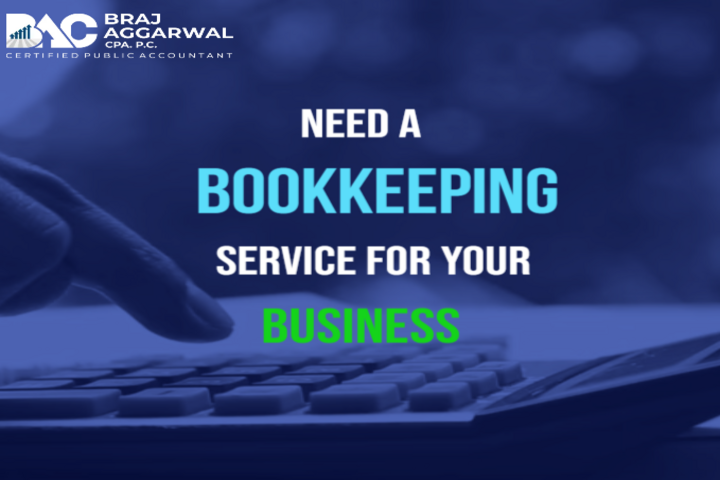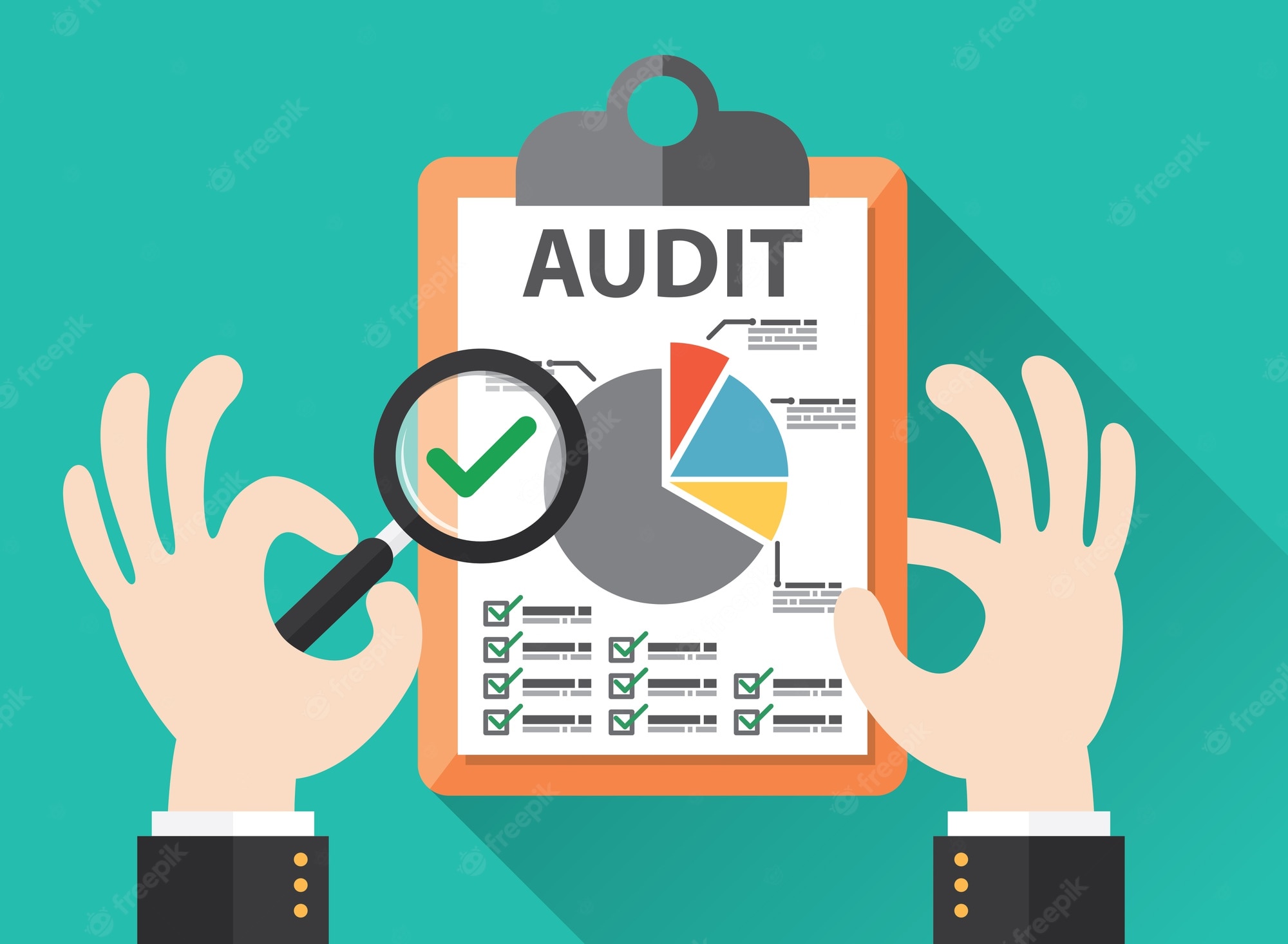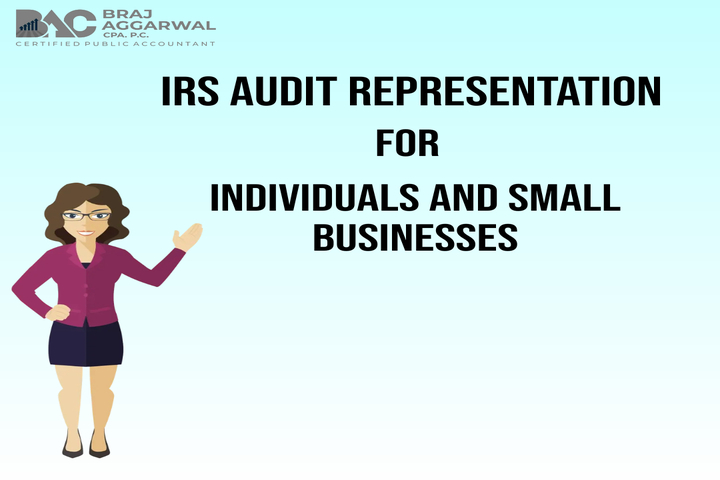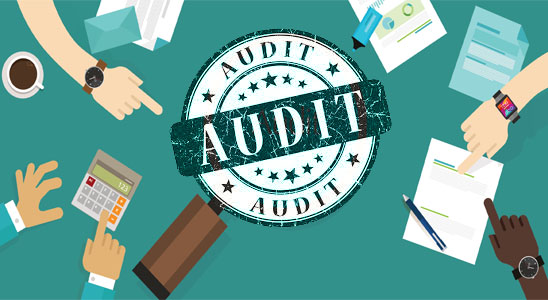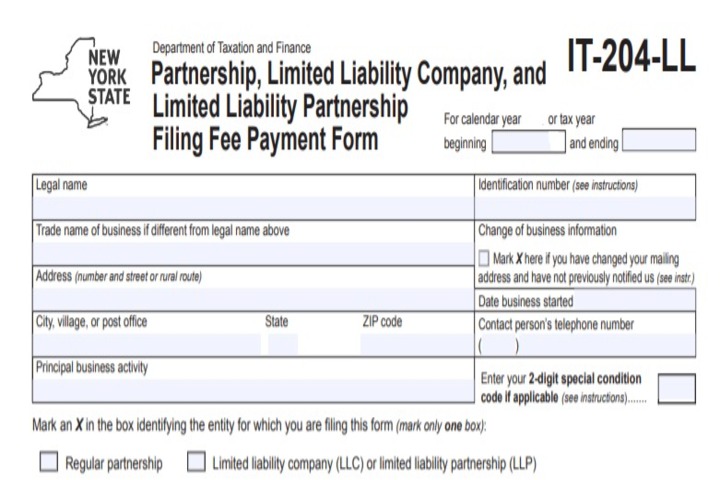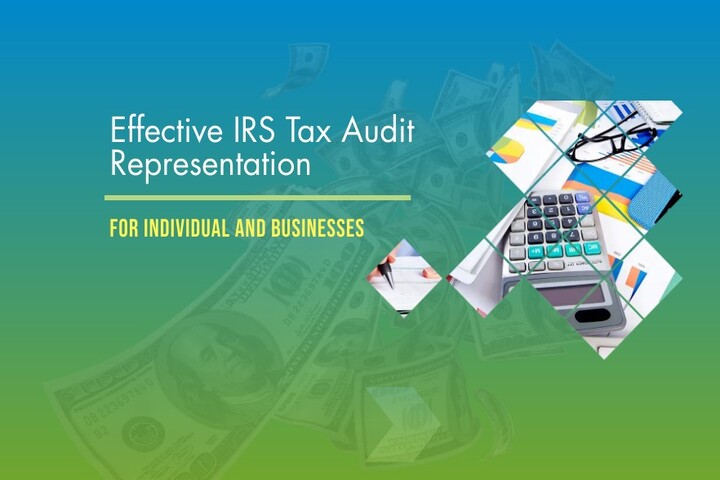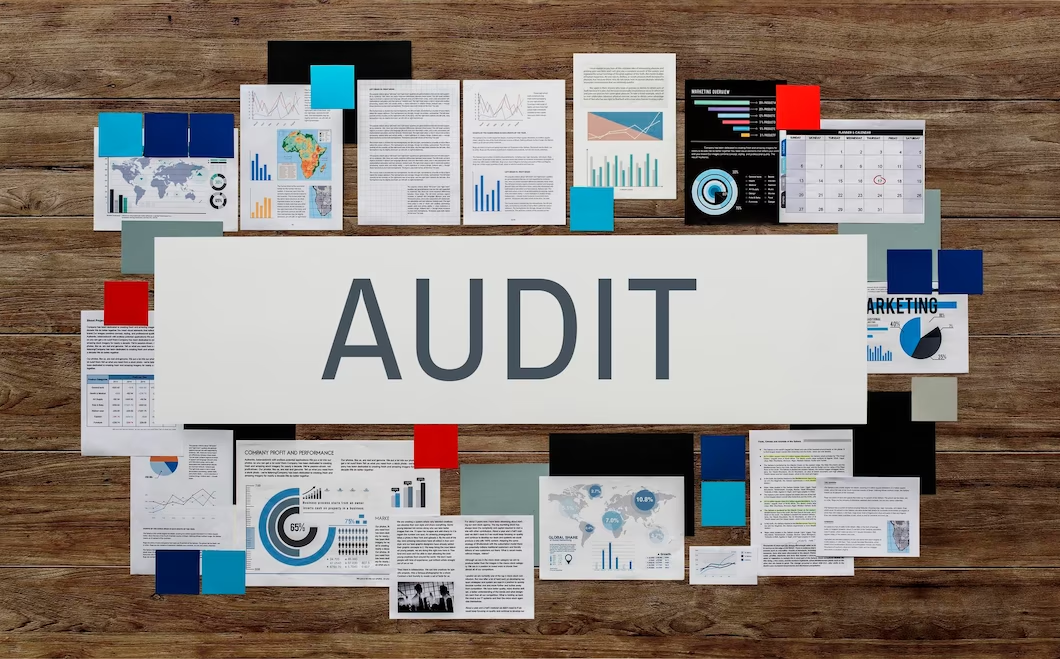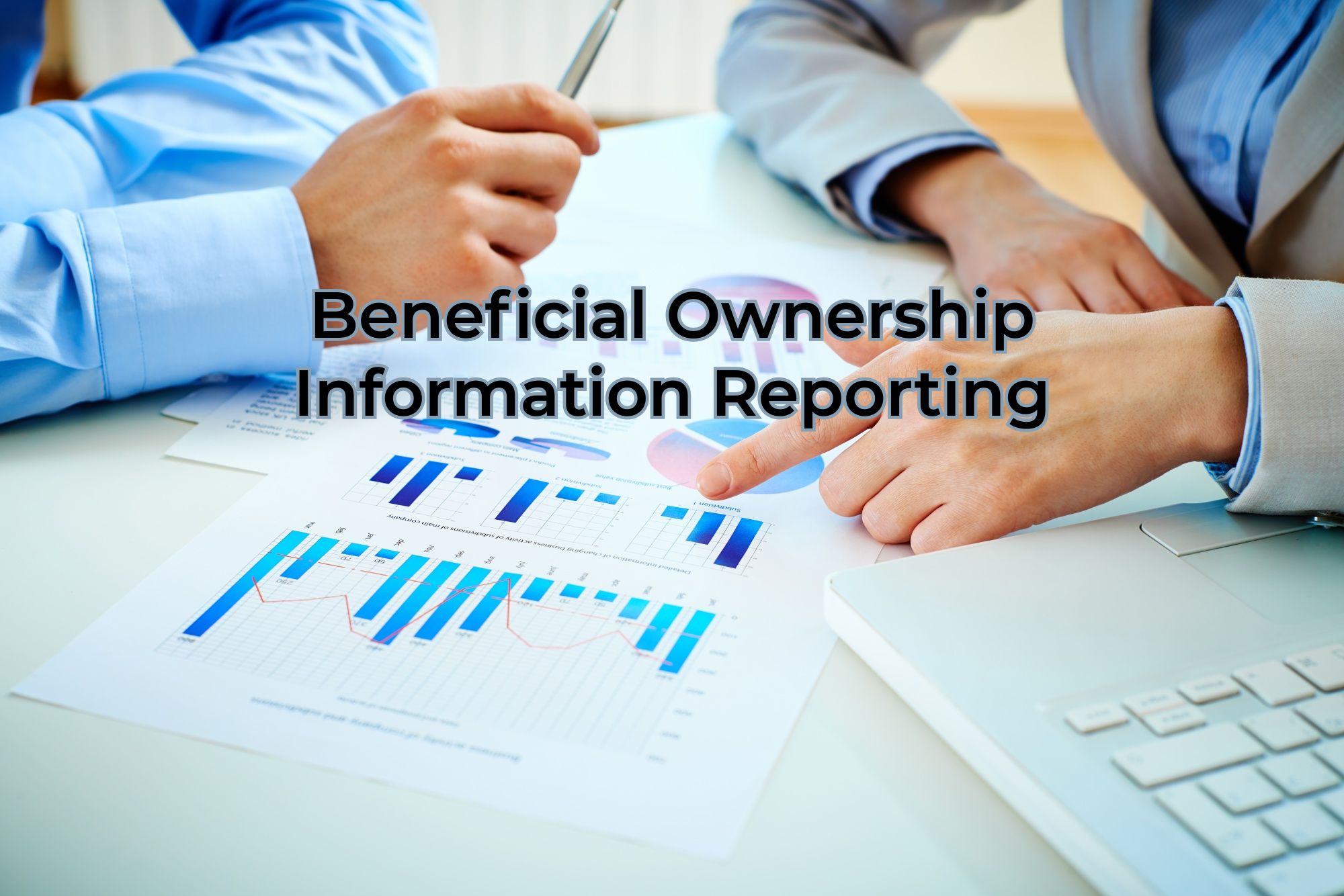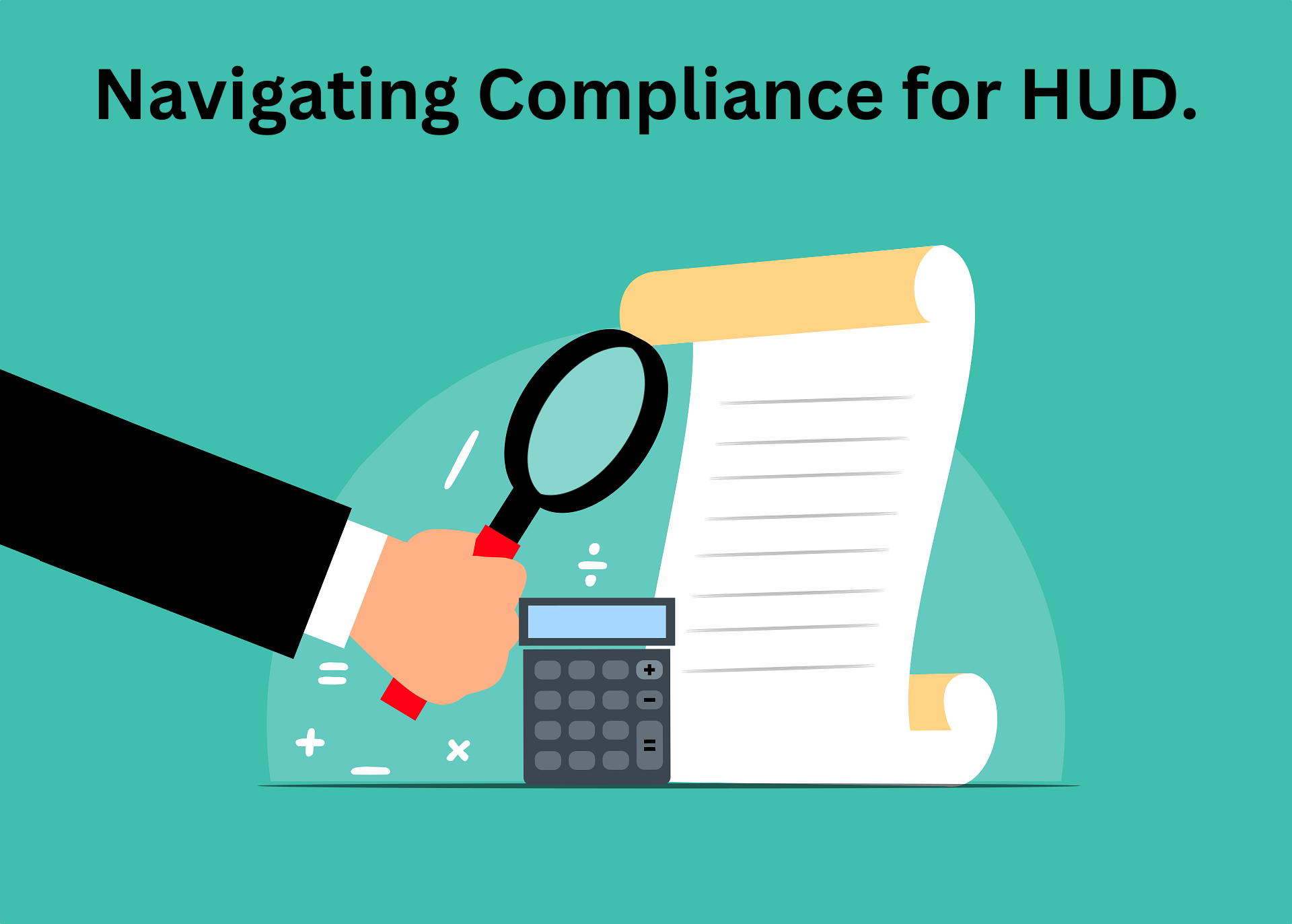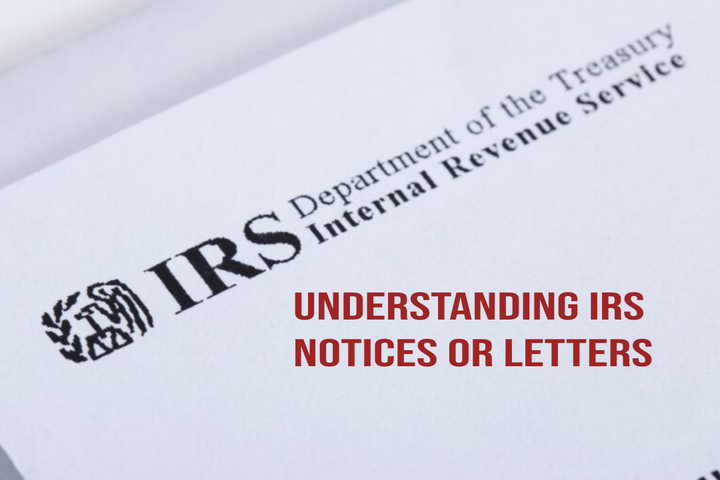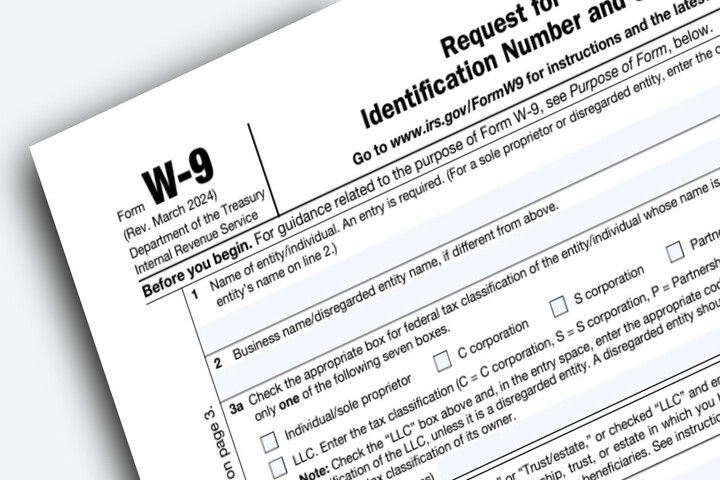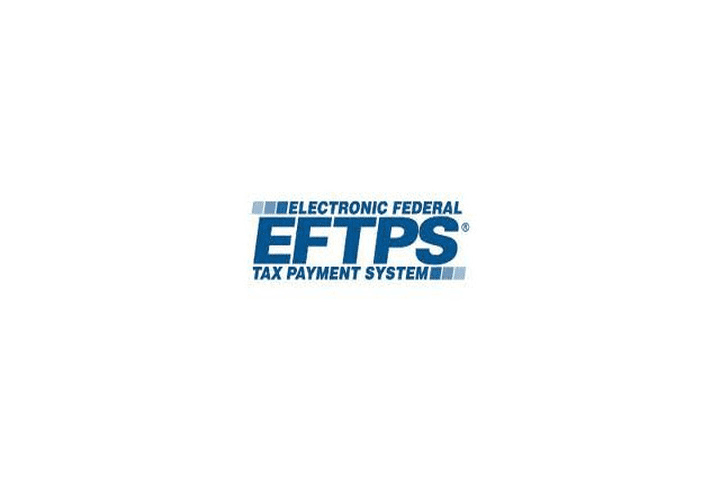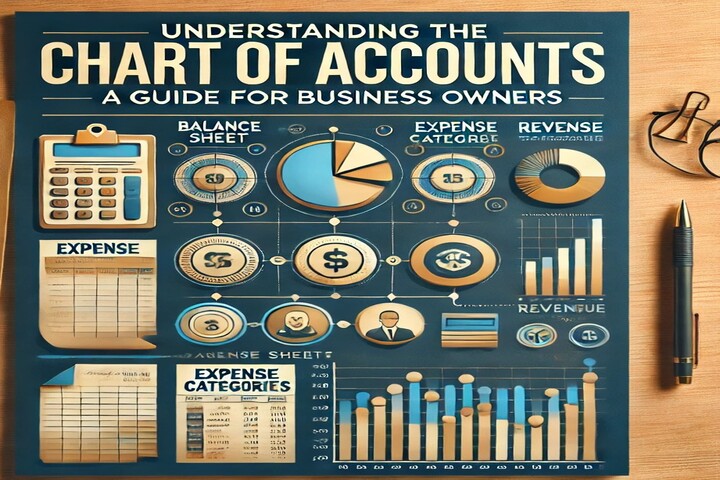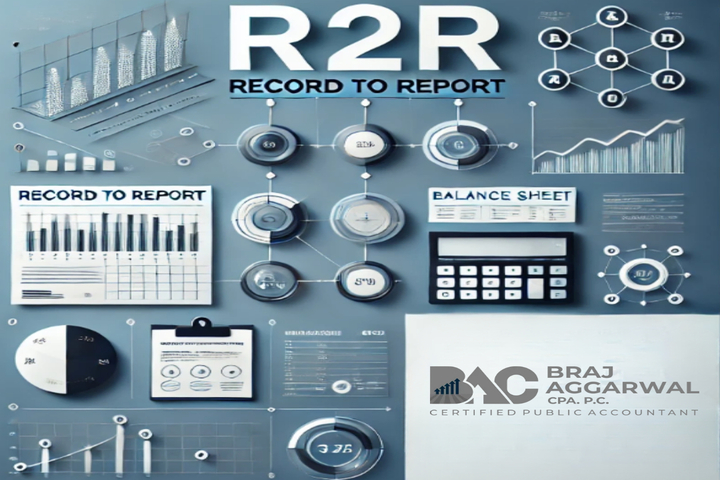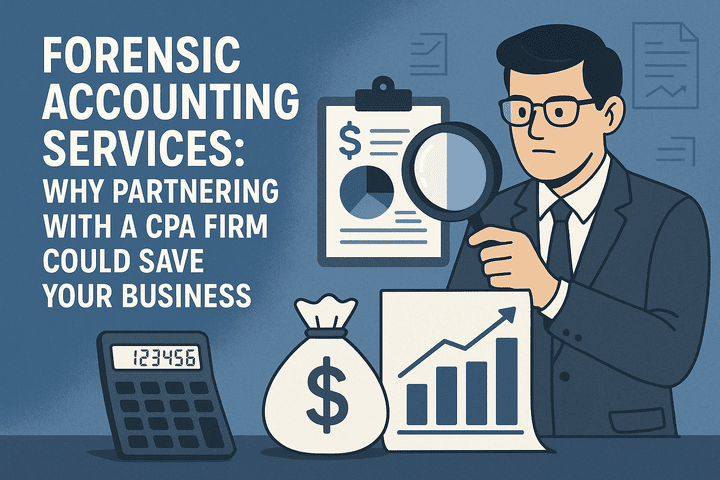The Importance of Accurate Bookkeeping for Business Success

Are you a small business owner looking to avoid costly mistakes and ensure financial success? Accurate bookkeeping is the key to navigating the complex world of business finances.
From tracking expenses to financial planning and forecasting future growth, proper bookkeeping can make or break your bottom line. Join us as we delve into the importance of accurate record-keeping and how Braj Aggarwal, CPA, P.C can help your small business thrive.
Why Accurate Bookkeeping Matters
|
S.NO. |
Nature |
Explanation |
|
1 |
Helps You Budget More Effectively |
Accurate bookkeeping lays the groundwork for precise budgeting. Having a detailed records of income and expenses, it makes Budgeting the straight forward task. One can easily plan for future expenses, anticipate cash flow needs, and allocate resources more efficiently. |
|
2 |
Keeps You Ready for Tax Season |
Proper bookkeeping makes the records up-to-date, making tax season far less stressful. One having detailed financial records, can easily predict tax liabilities, which will ensure that you're not missing any deductions, and file your taxes on time without scrambling at the last minute. |
|
3 |
Ensures Organized Records |
Imagine trying to find a crucial document at the last minute—only to be met with disorganized files and missing paperwork. This kind of situation often leads to costly mistakes and missed deadlines. Regular bookkeeping helps prevent these issues by maintaining organized and easily accessible records. With a consistent process in place, you’ll always know where to find the financial data you need when you need it and make task easy. |
|
4 |
Enables You to Set and Achieve Business Goals |
Having a clear understanding of your business’s financial health, makes growth goals more achievable. Accurate bookkeeping provides you with the numbers you need to set realistic goals, track progress, and measure success. Without solid financial data, it is like hitting the target without a clear vison and ultimately hinder your growth strategy. |
|
5 |
Ensures Compliance with Regulations |
In an ever-changing regulatory environment, businesses must stay compliant with various laws. Accurate bookkeeping ensures that your business is in line with these requirements, avoiding penalties and keeping you on track with tax obligations. |
|
6 |
Gives You Peace of Mind |
Having disorganized or incomplete financial records is mentally tough for making a business successful. When you stay on top of your bookkeeping, you free yourself from constant worries about tax deadlines or financial discrepancies. |
|
7 |
Teaches You About Your Business |
Having accurate and up-to-date bookkeeping makes the owner informed about their business’s financial performance and the areas that needs improvement. Whether you're a seasoned entrepreneur or a newcomer, maintaining your books regularly can help you spot trends, identify opportunities, and make better financial decisions that align with your goals.
|
Common Bookkeeping Mistakes and How to Avoid Them
|
S.NO. |
Nature |
Mistake |
Solution |
|
1 |
Failing to Reconcile Accounts |
Not reconciling accounts regularly is one of the most common bookkeeping mistakes. |
It’s essential to check your records against your bank statements every month to catch errors early. |
|
2 |
Mis-categorizing Transactions |
Inaccurately categorizing expenses or income can lead to confusion down the road. |
Implement a consistent and detailed categorization system to ensure that financial reports are clear and easy to understand. |
|
3 |
Delaying Data Entry |
Procrastinating on data entry can create a backlog and make your financial records outdated. |
Enter transactions in real time to ensure that your records reflect the latest business activity. |
|
4 |
Neglecting Data Backup |
Failure to back up financial data puts your business at risk. |
Use reliable backup systems to ensure your data is always safe, secure, and retrievable. |
|
5 |
Mixing Personal and Business Finances
|
Failing to keep personal and business finances separate can lead to confusion and inaccurate financial reporting. |
Open dedicated business bank accounts and credit cards. Use separate invoicing and expense tracking systems for personal and business finances. |
|
6 |
Ignoring Cash Flow Management
|
Overlooking cash flow can lead to liquidity problems, making it difficult to pay bills or meet payroll. |
Regularly monitor cash flow forecasts and actual cash flow. Establish a cash reserve for unexpected expenses and maintain a clear understanding of receivables and payables. |
In recent years, the finance and accounting profession has experienced significant technological advancements. Innovations such as automation, cloud computing, blockchain, financial analytics, and artificial intelligence are revolutionizing accounting systems, workflows, and practices.
While the fundamental principles of accounting remain unchanged, these new technologies are profoundly influencing day-to-day tasks and responsibilities. Today’s accountants use a variety of advanced tools to enhance productivity, gain insights, and create strategic value.
As technology continues to evolve, the accounting function is becoming more data-driven, integrated, and agile. Nonetheless, human skills such as judgment, communication, and strategic thinking remain essential. Achieving the right balance between technology and human expertise is an ongoing challenge for the modern finance and accounting industry.
One major change is the adoption of accounting software, which replaces traditional paper ledgers and books. These software packages offer specialized features tailored to different business needs.
Emerging Technologies that are Transforming Accounting Processes
|
S.NO. |
Technology |
Explanation |
Use in Accounting |
|
1 |
Cloud Computing |
Cloud computing enables online storage and access to data and applications, offering flexibility, cost savings, and real-time collaboration for improved efficiency. Users can pay only for the services they need. |
Cloud computing allows accountants to store and access data and applications online instead of on local computers |
|
2 |
Data Analytics |
Data analytics uses software to analyze and interpret data, providing insights for decision-making |
In accounting, it helps identify trends and patterns in financial data, informing financial strategies and risk management practices. |
|
3 |
Artificial Intelligence |
Artificial intelligence (AI) mimics human intelligence in machines. |
AI automates tasks like data entry and fraud detection, saving time and reducing errors. AI tools also analyze financial data to provide predictive insights and streamline processes. |
|
4 |
Robotic Process Automation (RPA) |
RPA uses software robots to automate repetitive tasks. |
RPA automates data entry, reconciliation, and reporting, freeing up time for strategic activities. |
|
5 |
Big Data |
Big data refers to the large volume of data organizations generate and collect. |
In accounting, big data analytics identifies trends and insights from large datasets, informing decision-making and strategic planning. |
|
6 |
Machine Learning |
Machine learning enables machines to learn from data without being programmed. |
In accounting, machine learning detects fraud, predicts trends, and automates tasks, improving efficiency and accuracy. |
Why Outsourcing Bookkeeping Makes Sense
Outsourcing bookkeeping allows businesses to leverage specialized expertise without the overhead of hiring full-time employees. By outsourcing, business owners can focus on core operations, knowing that their financial records are in expert hands. Professional bookkeepers not only manage day-to-day financial tasks but also help businesses stay compliant with tax laws, plan for growth, and improve cash flow management.
Outsourcing is scalable, which means as your business grows, your outsourced bookkeeping services can grow with it. With access to the latest financial software and expert guidance, outsourcing ensures that your business’s financial operations are streamlined, accurate, and efficient.








